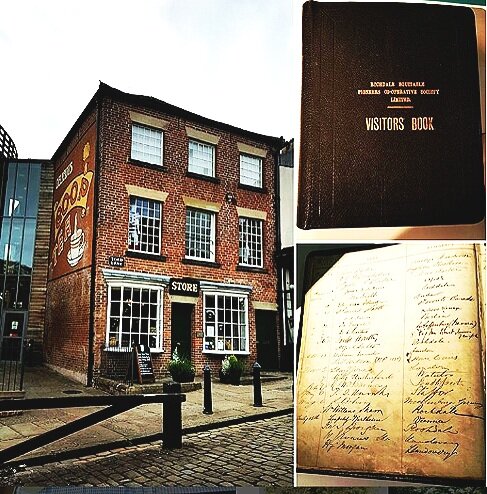Jason’s research examines social and community entrepreneurial practices and organizational models across a wide range of contexts and settings. He often works in partnership with community organizations, governments, and other stakeholders.
Using both qualitative and quantitative methods, projects have examined:
worker and consumer cooperative development;
alternative holding structures for municipal data;
employee ownership transitions;
sustainable community finance models;
transformative climate adaptation in manufactured housing cooperatives;
living wage campaigns;
autonomously networked organizational models;
hybrid enterprises (e.g. beneficial trusts, community contribution/interest companies);
social and local procurement policies for disadvantaged business enterprises;
social and solidarity economy (l’économie sociale et solidaire) sectoral strategies;
minority-owned and LGBTQ+ business clusters and districts;
comprehensive community-led revitalization policies/plans;
community land trust policy.
These initiatives have variably involved applied, implementation-related research, such as community-engaged policy memoranda and business plans, as well as more theoretical and empirical academic research, examining how political and socio-economic forces shape and condition comparative success and failure.
His award-winning research has been published in outlets such as Socio-Economic Review, Research in the Sociology of Organizations, Sociology Compass, the LERA (Labor and Employment Relations Association) Annual Research Volume, Economic Development Quarterly, the Cambridge Journal of Regions, Economy, and Society, Environment and Planning A: Economy and Space, the Journal of Planning Education and Research, the Journal of the American Planning Association, Housing Policy Debate, Metropolitics, and the Stanford Social Innovation Review. His book, which examines co-operative enterprise systems in different countries, is under contract with Oxford University Press. He is also North American Co-Editor of Local Economy, and is a member of the Editorial Collective of Studies in Comparative International Development.
Images: The modern cooperative enterprise movement often traces its roots to Rochdale, England (site pictured), where the first stable cooperative organizational form and business model was developed and institutionalized in the mid-1800s, and diffused globally. Early visitors, who came from around the world to learn from and study the model, included Friedrich Engels (whose name appears in the site’s visitors’ book, also pictured. Photo credits: Spicer)
